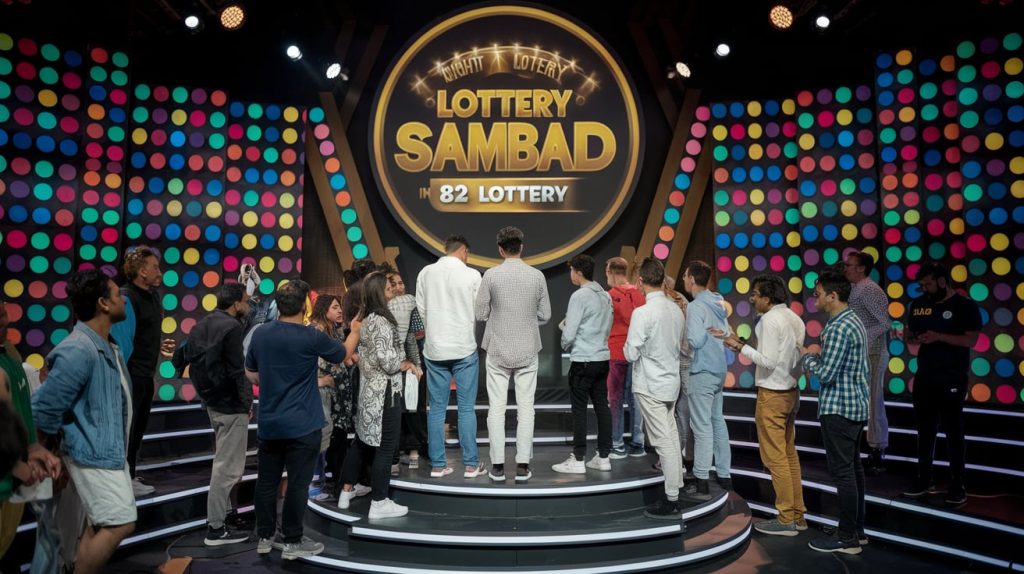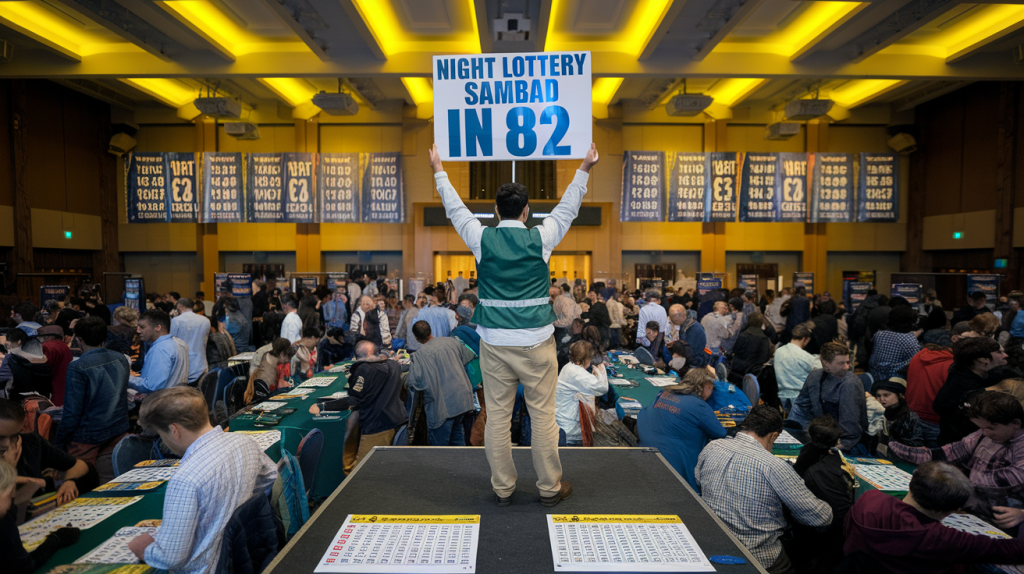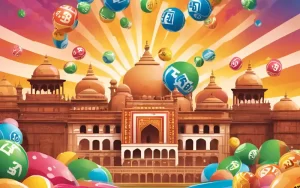Lottery Sambad has long been a popular lottery system in India, particularly in the eastern states of West Bengal, Sikkim, and Nagaland. The term “Old Lottery Sambad” typically refers to the traditional lottery draws that have been a significant part of the region’s cultural and economic landscape for many years.
Early Implementation
In the initial phases, Old Lottery Sambad was characterized by:
- Manual draw processes
- Limited geographical distribution
- Minimal technological infrastructure
- Paper-based ticket systems
- Localized marketing and sales strategies
Historical Background
The concept of Lottery Sambad dates back several decades, emerging as a unique form of government-regulated gambling that provides both entertainment and potential financial opportunities for participants. In the eastern states of India, these lotteries have become more than just a game of chance – they represent a complex social and economic phenomenon.
Significance in Local Economy
For many years, the Old Lottery Sambad played a crucial role in the local economy. It provided a source of revenue for state governments while simultaneously offering hope and excitement to participants from various socioeconomic backgrounds. The lottery system became an integral part of daily life for many residents, with draw results eagerly anticipated and discussed in local communities.
How Old Lottery Sambad Worked
The traditional lottery system was relatively straightforward:
- Ticket Purchase: Participants would buy lottery tickets from authorized vendors.
- Draw Process: Regular draws would be conducted at predetermined times.
- Prize Tiers: Multiple prize categories existed, ranging from small amounts to life-changing jackpots.
- Transparency: Draws were typically conducted publicly to ensure fairness and build trust.
Cultural Impact
Beyond its economic implications, the Old Lottery Sambad held significant cultural importance. It became:
- A topic of social conversation
- A source of hope for many struggling families
- An informal economic mechanism that provided potential financial relief
- A unique form of entertainment that transcended social boundaries
Challenges and Controversies

Like many gambling-related activities, the Old Lottery Sambad was not without its challenges:
- Addiction Concerns: Many individuals became overly invested in lottery participation
- Economic Strain: Some participants would spend disproportionate amounts on tickets
- Regulatory Challenges: Ensuring fair play and preventing illegal practices was an ongoing concern
Technological Transition
The transition from Old Lottery Sambad to modern lottery systems involved:
- Digital draw mechanisms
- Online ticket purchasing platforms
- Real-time result declarations
- Enhanced security features
- Broader geographical reach
This technological evolution fundamentally transformed how lotteries were perceived and conducted.
Modern Transformation
In recent years, the traditional Old Lottery Sambad has undergone significant changes:
- Increased digital integration
- More stringent regulatory frameworks
- Enhanced transparency in draw processes
- Expanded online participation options
Legal Landscape
The legal status of lotteries in India has always been complex. Different states have varying regulations:
- Some states completely prohibit lottery activities
- Others have strict regulatory mechanisms
- A few states actively manage and promote state lotteries
Ethical Considerations
The Old Lottery Sambad raises important ethical questions about:
- The role of government in gambling activities
- Economic opportunities for low-income populations
- The potential social impacts of lottery systems
- Balancing individual choice with social responsibility
Current Status
While the “Old” Lottery Sambad represents a historical approach, modern lottery systems have evolved. Today’s versions incorporate:
- Advanced technology
- Enhanced security measures
- More transparent draw mechanisms
- Digital verification processes
Conclusion
The Old Lottery Sambad represents more than just a gambling system. It is a complex social, economic, and cultural phenomenon that has played a significant role in the lives of many people in eastern India. While the traditional system has transformed, its legacy continues to influence how people perceive chance, hope, and economic opportunity. Old Lottery Sambad represents a fascinating chapter in India’s economic and cultural history. It exemplifies how governmental initiatives can create unique social and economic experiences, bridging traditional practices with evolving regulatory frameworks.







